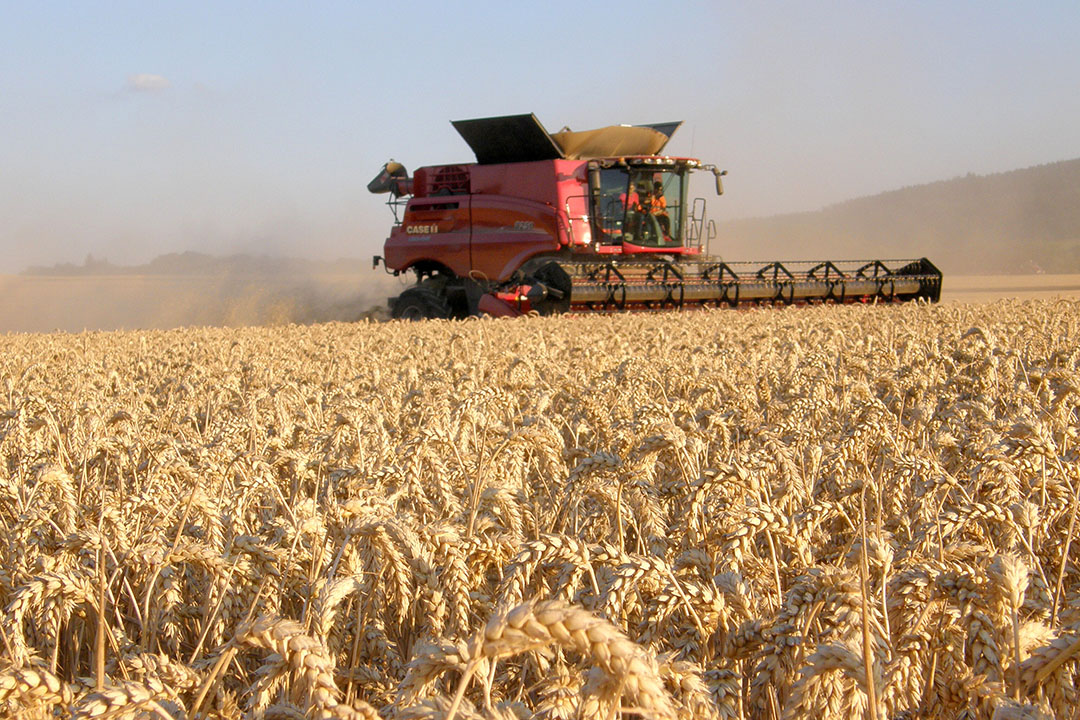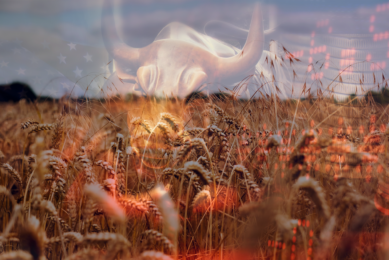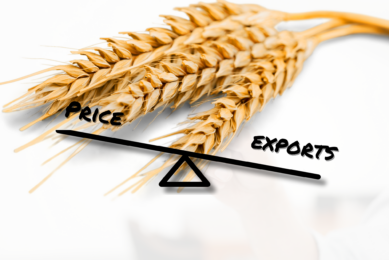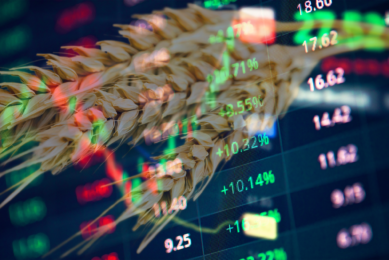UK suffers worst wheat crop in 40 years

Unforgiving weather conditions across the UK this year have resulted in the country’s worst wheat harvest in 40 years with yields down 40%.
The changing weather systems of extreme drought conditions to relentless rain have had a real detrimental effect on this harvest’s wheat yields which are reported to be down by up to 40%.
Price hike in bread imminent
Although some farmers got a good spell in which to harvest their crop, many arable farmers have parked up the combines waiting for the rain to disappear. Those involved in the industry say the price of flour has already been increased by, according to some millers, 12%, meaning a price hike in bread is imminent.
Farmers have seen very challenging conditions across the country…”
Farmers urged to complete NFU harvest survey
National Farmers Union vice president Tom Bradshaw said the bad weather and Brexit, when tariffs could be added to grain imports and exports when the UK leaves the EU on December 31, were of huge concern to arable farmers. Bradshaw said: “Farmers have seen very challenging conditions across the country with heavy rain during winter, meaning tough planting conditions, followed by one of the driest springs on record so establishing crops was difficult and winter drilled crops lacked any spring growth. “This combined weather pattern has resulted in the UK’s lowest wheat crop area in 40 years this summer and we expect yields to strike a similar multi-decade low. “This demonstrates the volatility that can be experienced across a farming year and why food production and food security must be taken seriously. “After a season of extremes, it is more important than ever to get an early picture of what this year’s harvest looks like across the country, which is why we are urging every arable farmer to complete the NFU harvest survey,” he said.
UK climate projections show a trend towards hotter and drier summers and warmer, wetter winters.”
The UK Met Office said extreme weather of wet and hot conditions that have marked this year are likely to become more common as the climate continues to change. A spokesperson for the Met Office added: “UK climate projections show a trend towards hotter and drier summers and warmer, wetter winters.” Heavy rain this August meant many farmers have had to delay harvesting their crops.

Farmers forced to leave wheat in the fields
Hampshire arable farmer Matt Cully is chair of the NFU’s crop board. He said: “We‘re looking at a 30% reduction in our good fields, in some of our poor fields it’s is even more.” Mr Cully said the rain had forced him to leave wheat in the fields and now it won’t be any use to make flour rendering it only fit for animal feed.
![]() Futures market
Futures market
Overview of futures prices for: corn, wheat and soybean
Lack of domestically produced quality wheat
Ed Horton, who farms in Cirencester, Gloucestershire, said his crops usually yield about 2,500 tonnes of wheat but this year they are down to 580 tonnes. Speaking to Sky News he said: “It has a huge knock-on effect on our finances. We‘ve produced a 3rd of what we usually would, therefore there’s a large hole in our cash flow and we‘ve had to replace wheat with other crops that we don’t make as much money out of. “For the food chain, there’s a lack of domestically produced quality wheat so we may end up having to import wheat from other parts of the world.”











